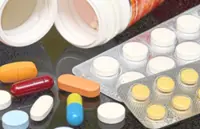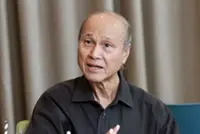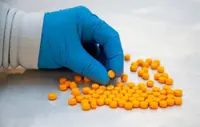PETALING JAYA: It is time for a total revamp to tackle drug and substance abuse in Malaysia, as the current methods are not bringing down the number of addicts or the damage done to their families, say experts.
Professionals who work to rehabilitate and treat addicts said a necessary core change is for the government and society to stop treating the matter as a national security problem, but as a public health issue.





